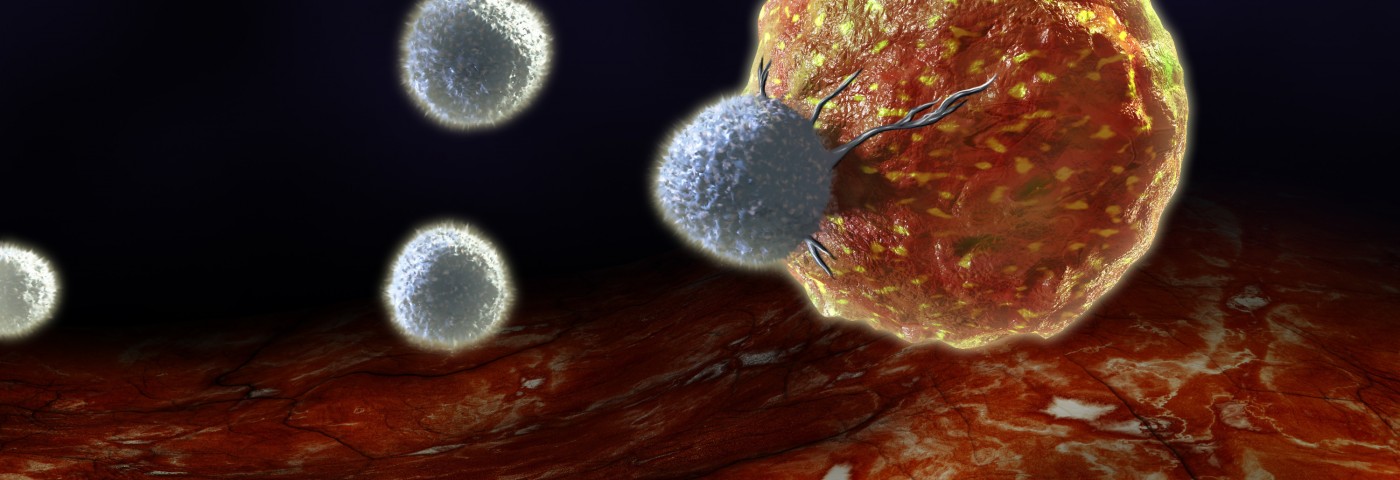Researchers in the U.K. have traced the origins of anaplastic large cell lymphoma (ALCL) to the thymus, raising the possibility that new treatments may be designed to more effectively prevent ALCL relapse. Their study was published in Nature Communications.
ALCL is an aggressive blood cancer typically found in children and young adults. Current ALCL treatment consists of intensive chemotherapy, known to be associated with long-term adverse effects that can include infertility, heart disease, and secondary cancers. The rates of relapse for ALCL are also high, with up to 40 percent of children developing recurrent ALCL.
After numerous and failed attempts to study human ALCL using transgenic mouse models, University of Cambridge researchers succeeded for the first time. The research team, led by Suzanne Turner, studied ALCL progression in mice and found a gene defect in developing blood-producing stem cells in the thymus.
The team hypothesized that cancer chemotherapy can successfully kill cancer cells that have metastasized to other body parts, but is ineffective against the thymus’ cancer stem cells. This would explain why ALCL patients often relapse following apparently successful treatment.
Although the cancer originates in the thymus, the researchers also observed that T-cell receptors, essential structures present on the surface of immune system T cells, are needed for the lymphoma to spread to other parts of the body. Moreover, once the lymphoma had spread, the T-cell receptor was lost from the surface of the cancer cells, and this had a suppressing effect on lymphoma development.
“We now have a fuller understanding of the origins of this type of lymphoma and the pivotal role that corruption of the immune system plays in its spread to different sites around the body. By targeting the cancer genes key to the lymphoma’s development, we can design treatments that give a better chance of a long-term cure,” Dr. Turner said in a press release.
The research was funded by the blood cancer charity Bloodwise, and Dr. Matt Kaiser — head of research at Bloodwise — said of the findings, “The chemotherapy currently in use is particularly gruelling for children and teenagers, particularly if relapse occurs and more treatment is needed. Greater understanding of this lymphoma will enable the development of more effective and less toxic drugs that allow every child to live a normal life after treatment.”


